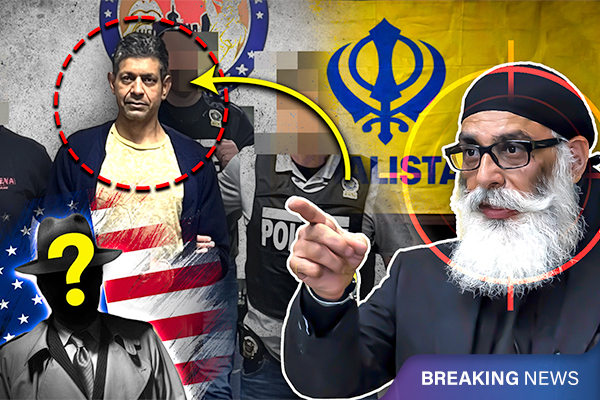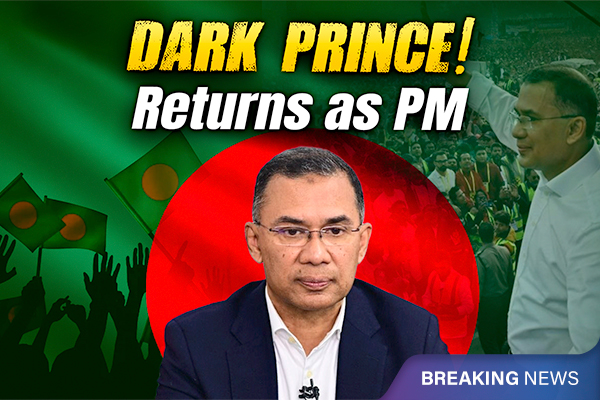Supreme Court Supports Removal of Article 370
The Supreme Court upheld the removal of Article 370, leading to mixed reactions and plans for Jammu & Kashmir's future governance.
The Supreme Court of India upheld & supported the Central government’s 2019 decision to abolish Article 370 of the Indian Constitution on 11 December 2023. The Article 370 of our Indian constitution was titled “Temporary, Transitional and Special Provisions" and gave a ‘special status’ to Jammu & Kashmir. It allowed Jammu & Kashmir to be regarded as a state not a union territory and even allowed it to have a separate constitution, a state flag, and make its own laws in all matters except finance, defense, foreign affairs and communications. The article was implemented on 17th November 1952 because of multiple disputes between India’s Jammu and Kashmir border-sharing neighbors Pakistan & China since 1947. The Article 370 was scrapped by former President Ram Nath Kovind on 5th August 2019 and now this decision has been backed by the Supreme Court of India. Many Kashmiris considered this decision as an invasion and protested against it. The locals believed that the new laws were designed to change the region’s demographics. However, members of the minority Buddhist communities happily welcomed the decision initially but later joined the protesters because they feared losing land and jobs. After that, a petition was filed by Kashmiri individuals and groups to revoke President Kovind’s decision. The decision was made unanimously by the panel of 5 Supreme Court judges Justice Gavai, Justice Surya Kant, Justice SK Kaul and Justice Sanjiv Khanna led by Chief Justice of India (CJI) D.Y. Chandrachud. The Bench pronounced a total of three verdict. The panel pointed out that Article 370 was in fact a ‘temporary provision’ as suggested by its title and was enacted due to wartime conditions in Jammu & Kashmir. In addition, the Supreme Court directed that the restoration of statehood in Union territory of J&K shall be done at the earliest. No regional elections have been conducted in the two regions since then. The court also ordered the Election Commission of India to conduct elections for Jammu & Kashmir Legislative Assembly by 30 September 2024. Justices S.K. Kaul & Sanjeev Khanna recommended setting up an ‘Impartial Truth and Reconciliation Commission’ to investigate and report all violations of human rights both by the State (government) and non-state actors since the 1980s and suggest measures for reconciliation. PM Modi praised the Supreme Court’s decision and called the judgment a beacon of hope, a promise of a brighter future and a testament to our collective resolve to build a stronger, more united India. Union Home Minister Amit Shah lashed out at the Congress after the Supreme Court decision. “Today, the decision has also come. Still, they (Congress) say that they don't accept this and that Article 370 was abrogated wrongfully. I can't explain to them what is the reality,” “Article 370 boosted separatism and separatism led to the rise of terrorism. One wrong decision can be taken but when history and time prove that the decision is wrong, one should come back towards the interest of the nation. I still say, come back otherwise there won't remain even how many are left now (MPs elected to the House),” he added. During his speech, Shah invoked India's first Prime Minister Pandit Jawaharlal Nehru, blaming him for the Kashmir issue. “Former PM Jawaharlal Nehru was seeing (accession of) Jammu and Kashmir (after Independence) and he left it incomplete. So many regions of the country that seemed more difficult than J&K, joined India but why was Article 370 brought for Kashmir,” he said. "One thing is known by everyone, had there not been an untimely ceasefire, there wouldn't have been Pak-Occupied Kashmir (PoK) today...I would like to read out a statement. This is the quote by Jawaharlal Nehru. Unko toh manoge ya nahi manoge ki unhone galti ki. Accept this..." the minister added. However, the Supreme Court decision has come as a major setback to Kashmiri political groups and the challengers of the government’s 2019 decision were disappointed. Omar Abdullah, the former Chief Minister and vice president of the Jammu & Kashmir National Conference party tweeted “Disappointed but not disheartened. The struggle will continue. It took the BJP decades to reach here. We are also prepared for the long haul.” Another former Chief Minister and president of the Jammu and Kashmir People’s Democratic Party, Mehbooba Mufti tweeted a video raising her concern and disappointment and wrote “The people of J&K are not going to lose hope or give up. Our fight for honor and dignity will continue regardless. This isn’t the end of the road for us.” Meanwhile, the Rajya Sabha on the same day unanimously passed the Jammu and Kashmir Reservation (Amendment) Bill, 2023, and Jammu and Kashmir Reorganisation (Amendment) Bill, 2023 under the Nari Shakti Vandan Adhiniyam program. Jammu and Kashmir Reservation (Amendment) Bill, 2023 will ensure a reservation of 33% seats for women in the assemblies of Union Territories of Jammu and Kashmir. Jammu and Kashmir Reorganisation (Amendment) Bill, 2023 increased the total number of seats in the Jammu and Kashmir legislative assembly from 107 to 114, of which seven would be reserved for scheduled caste and nine seats for scheduled tribes. 24 seats of the Assembly will continue to remain vacant until the occupation in Pakistan-occupied Kashmir ceases. Therefore, the effective strength of the Assembly which was 83, will now increase to 90.







